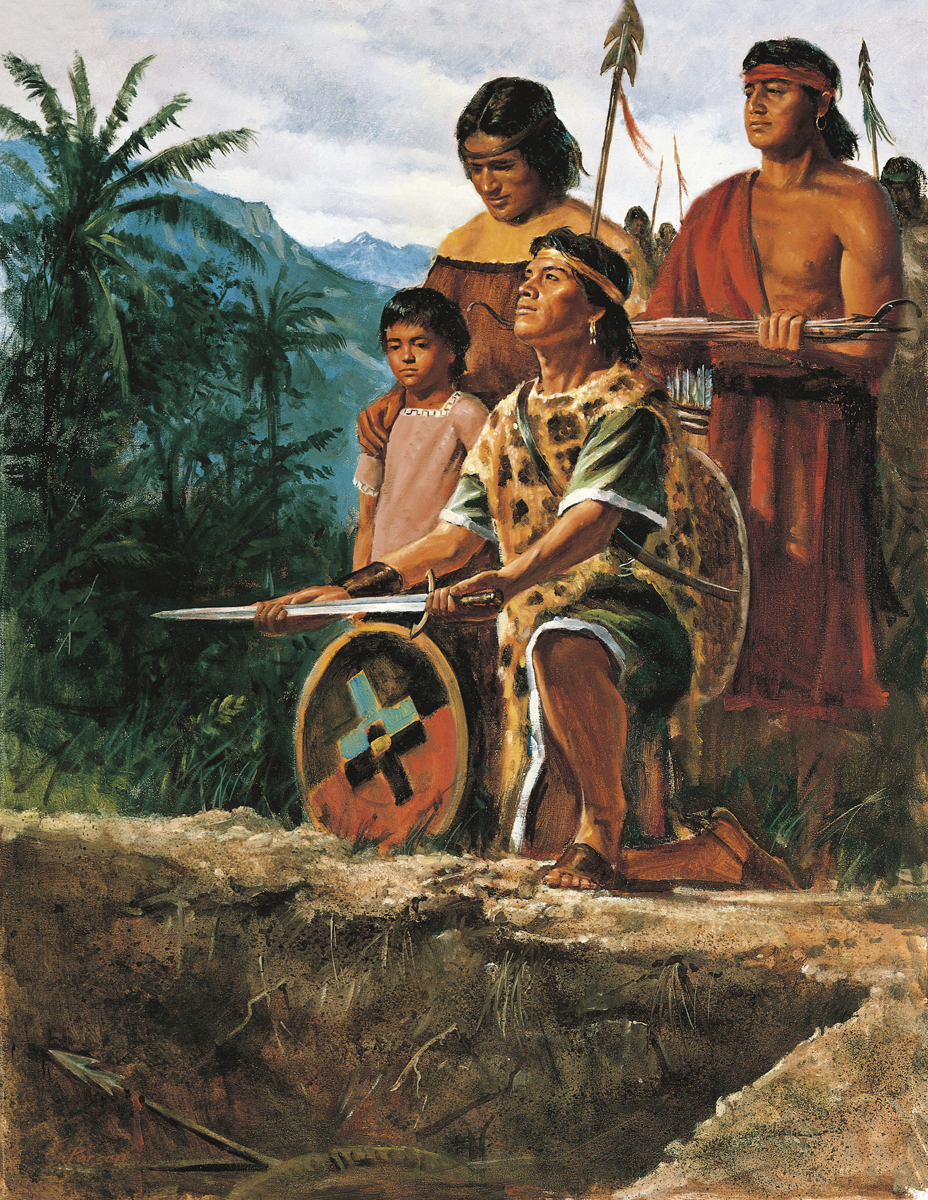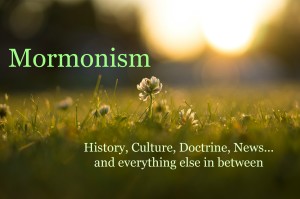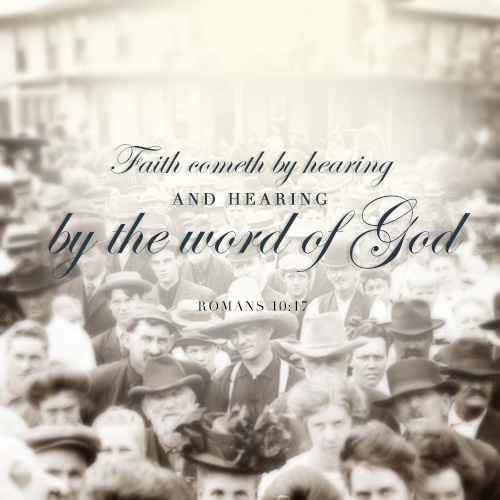I remember once sitting in my bishop’s office raging over the actions of a person who had harmed me. I was so intent on letting the bishop know how horrible this man was, outlining every detail of his crimes against me. My bishop let me rant. When my anger was almost spent, I made one last sarcastic comment—if I could get away with it, I’d push this man off a cliff. It was spoken in jest, to make a point of my anger. I never would do such a hateful thing. But at the time it felt good to say it. My bishop smiled. He then folded his arms and said, “Well if you did push him, it would be as if one end of a rope was tied around your ankle and the other end around his, and you would go over right after him.” My anger against the offensive man quickly turned back towards me. What was my outrage really accomplishing? I sat back and let my bishop teach me a lesson about modern day weapons of war.
How Destructive is it to Hurt Others?
 In Alma, one of the books in the Book of Mormon, a group of people spent decades dedicating their lives to hatred. Their hatred was a result of generations of lies against their brothers, the Nephites. Then one brave and humble Nephite named Ammon came amongst them and showed them a pattern of goodness and honor. It led to a miraculous conversion of their king and his entire people. When they looked back on their past transgressions, it saddened them deeply to know they had been so bloodthirsty. They made a monumental decision—to bury their weapons of war deep in the earth, never to kill another person in anger again.
In Alma, one of the books in the Book of Mormon, a group of people spent decades dedicating their lives to hatred. Their hatred was a result of generations of lies against their brothers, the Nephites. Then one brave and humble Nephite named Ammon came amongst them and showed them a pattern of goodness and honor. It led to a miraculous conversion of their king and his entire people. When they looked back on their past transgressions, it saddened them deeply to know they had been so bloodthirsty. They made a monumental decision—to bury their weapons of war deep in the earth, never to kill another person in anger again.
How destructive is gossip? How damaging is bullying? How painful is verbal abuse? They are all harmful enough to make a person feel unwelcome in their own church setting, to keep a person from feeling valued in their family, to cause a child to commit suicide. Verbal abuse swarms around us to the point where it is difficult to get away from. And like the Lamanites of old, it’s a fashionable form of warfare. Sarcasm—vicious comments masked in humor—is the talk of the day. When we take offense and become indignant, we justify our emotional pain by throwing verbal assaults at the offender. And they retaliate with the same abuse.
Hurtful language is our modern-day weapon of war, more so than even automatic rifles or atomic bombs. We can see the destruction left in the wake of warfare. It may take decades to rebuild. But the weapon of unkind words is far more destructive. This weapon is meant to destroy the family: our personal families as well as our church families, or wards. It separates us from each other and ultimately separates us from our Heavenly Family and our eternal home.
God Loves All His Children — Even the Ones You Are Angry With
If we remember how we are loved by our Father in Heaven, we can also remember His love for our brothers. This may not be enough to keep us from being angry with each other at times, but it can be enough to help us bury our weapons of war. Our Father in Heaven loves us and has given us the tools to be like Him. Once we understand the poisonous nature of gossip, we can be quick to bury this habit forever. But how do we keep it buried? The Lamanites have given us the answer.
The Lamanites buried their weapons deep in the ground. A shallow grave was not sufficient. It must have taken them hours to dig the hole. The dirt must have weighed quite a bit when packed on top of the weapons. They left no trace, no chance for retrieval. What comes between us and our weapons of war? We must place something even greater than mounds of dirt, even deeper than a pit. Our Savior, Jesus Christ is willing to stand between us and our weapons of war.

To view more of Nanette’s articles, click here.
Jesus Christ is the reason the Lamanites made their promise. He is also the way in which we can keep our same promises. We can say to ourselves, “I refuse to gossip.” But simply making the statement is like throwing the weapons to the ground and walking away. They are still there to pick up the second a mean thought pops into our heads. But if we first dig the ditch by making our commitment to the Lord through covenants and promises to Him, we are on our way. The next step is to fill the pit with Christlike behavior, actions that are contrary to gossipy words. We can also visualize the Savior at the pit, keeping us from reaching down for our former weapons. See His loving face that has forgiven you so many times. Let Him take you in His arms instead of taking up arms. Then turn to your offender and offer words of kindness. A miracle may even occur.
Later in the story of Ammon, converted Lamanites (called the people of Ammon) faced their own opponents. How difficult it must have been to know they would die at the hands of their enemies because they would not take up arms against them—their promise to the Lord was that important to them. But their inaction caused an even greater miracle—their enemies were so taken aback by the display of faith that many converted because of it.
And so the miracle can occur between us and our offenders. When we are faced with verbal attacks, we have the Savior standing at our side. When we take the high road, when we use restraint, when we meet anger with kindness, we are giving a part of the Savior to our attacker. One day, the very same enemy might surprise you. He may be impressed with your faith—impressed enough to change his ways toward compassion as well. He may decide to bury his weapons because he sees something greater.
This article was originally published in 2014. Minor changes have been made.
About Nanette ONeal
Nanette O'Neal loves the gospel and is very happy to share her testimony on LDS Blogs. She is a convert to the church and still feels the spirit burn strong within her heart. She graduated from Mason Gross School of the Arts with a degree in music education and has taught children and adults in the private and public sphere for over twenty years. Nanette continues to study the gospel and the art of writing. She writes weekly inspirational articles on her blog and is currently working on an LDS fantasy novel series, A Doorway Back to Forever. You can find her at NanetteONeal.blogspot.com. Nanette has a wonderful husband, talented son, and three beautiful dogs.







do we know what a cimeter looked like? Like a Sumarai curved double edged sword?